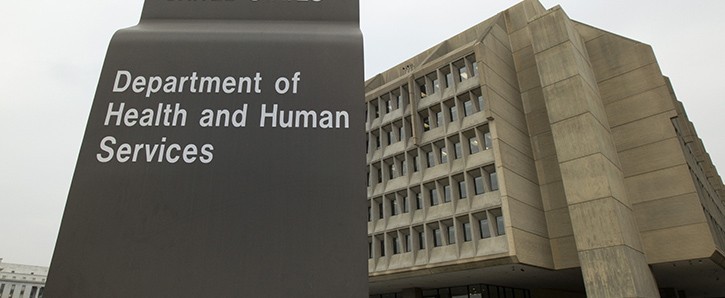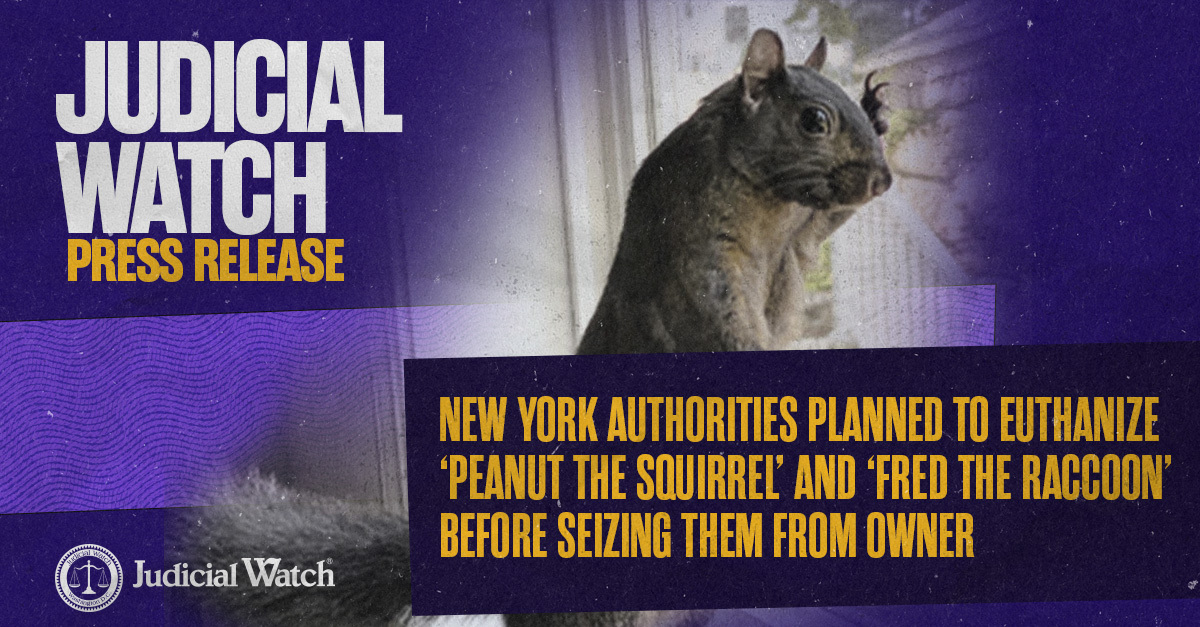
U.S. Government Wastes Billions on “Fragmented, Overlapping or Duplicative” Programs

The federal government wastes tens of billions of dollars on all sorts of “fragmented, overlapping or duplicative” programs in areas ranging from healthcare to defense, the production of U.S. currency and disaster response. It is a perpetual government-wide epidemic that has long fleeced American taxpayers, according to a report issued this month by the nonpartisan investigative arm of Congress, the Government Accountability Office (GAO). The watchdog has published similar documents in the past eight years listing more than 300 areas of waste yet the hemorrhaging continues because Congress or executive branch agencies have failed to act.
In the latest probe, the GAO identifies 98 new areas—in addition to hundreds that have been ignored—of fragmentation, overlap or duplication that must be addressed to help curb the waste. Fragmentation refers to circumstances in which more than one federal agency is involved in the same broad area of national need and service delivery can be improved. Overlap occurs when multiple agencies or programs have similar goals, engage in similar activities or strategies to achieve them or target similar beneficiaries. Duplication exists when two or more agencies or programs are engaged in the same activities or provide the same services to the same beneficiaries. “GAO estimates that tens of billions of additional dollars could be saved should Congress and executive branch agencies fully address the remaining 396 open actions, including the new ones identified in 2019,” the new report states. “Addressing the remaining actions could lead to other benefits as well, such as increased public safety, better homeland and national security, and more effective delivery of services.”
Here are some examples of new waste identified in the report, which also includes ongoing problems from previous investigations: The Department of Energy (DOE) could save “billions of dollars by developing a program-wide strategy to improve decision-making on cleaning up radioactive and hazardous waste.” The Center for Medicare and Medicaid Services could save hundreds of millions of dollars simply by improving how it identifies and targets risk in overseeing Medicaid spending and by avoiding overpaying for clinical lab tests. The Department of Defense (DOD) could save millions of dollars a year by expanding its use of intergovernmental support agreements to obtain support services that include waste management. The U.S. Mint could “reduce the cost of coin production by millions of dollars annually” and the Internal Revenue Service (IRS) could save tens of millions of dollars a year by more efficiently combating “tax fraud and noncompliance.”
The list of agencies that fragment, overlap or duplicate goes on and on with practically every key federal agency appearing as an offender. Among them are the departments of Veterans Affairs (VA), Labor (DOL), Homeland Security (DHS), State, Agriculture (USDA) and Commerce as well as the Food and Drug Administration (FDA). The report does point out that actions taken by Congress and executive branch agencies have resulted in hundreds of billions of dollars in “financial benefits.” Are American taxpayers supposed to pat lawmakers and federal government managers on the back for doing their job? The waste is a result of poor management and never should have occurred in the first place. A lengthy and costly federal audit should not have been required to correct the problem.
There appears to be no end in sight to the spending crisis. Every year the GAO finds more and more violations. Investigators reveal they have directed 797 cost-saving actions to executive branch agencies in the last eight years and 106 actions to Congress. The federal agencies, including DOD, Health and Human Services and DHS, have addressed just over half of the problems. Congress has a worse track record, failing to take action in 56% of the cases documented in past federal audits. The GAO warns that “the federal government continues to face an unsustainable long-term fiscal path caused by an imbalance between federal revenue and spending” and that opportunities exist in a number of areas to improve the situation. Now elected officials and public servants must do their job.
















